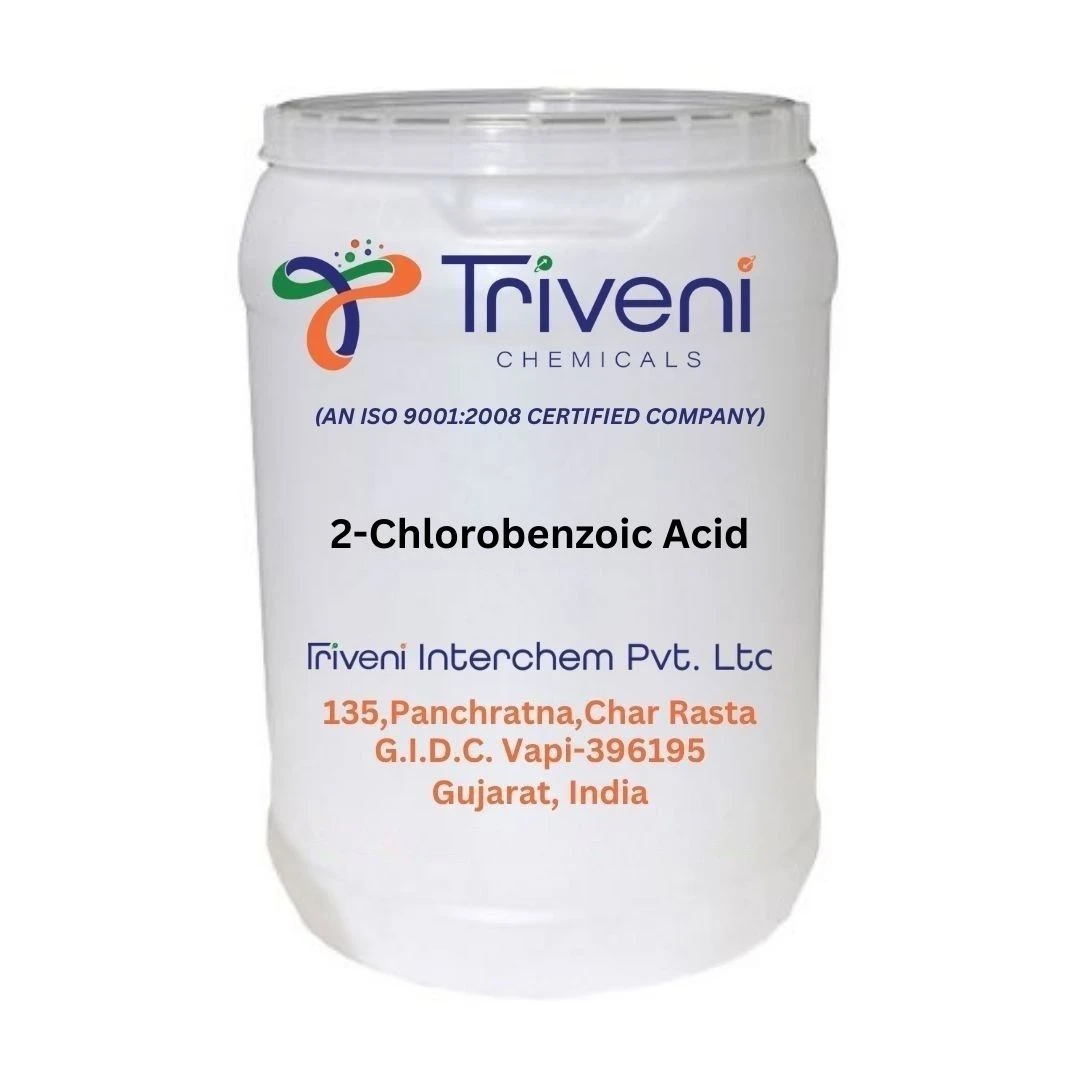One of the most important steps in the discovery of new drugs is pharmaceutical synthesis, which involves making complex compounds with medicinal uses. To guarantee the end product's safety and effectiveness, it requires careful planning, exact execution, and strict quality control.Fundamentally, the first step in the pharmaceutical manufacturing process is..
One of the most important steps in the discovery of new drugs is pharmaceutical synthesis, which involves making complex compounds with medicinal uses. To guarantee the end product's safety and effectiveness, it requires careful planning, exact execution, and strict quality control.Fundamentally, the first step in the pharmaceutical manufacturing process is to identify a target molecule, which is frequently a promising therapeutic candidate with the potential to treat a particular illness or condition. In-depth investigation and comprehension of the biological pathways and the chemical structure necessary for the intended pharmacological activity are required at this initial step.Creating a synthetic route is the first step in the synthesis process once a target molecule has been identified. Researchers and chemists assess different approaches to create the chemical in a cheap and effective manner. Reagent availability, reaction conditions, and the viability of increasing production for clinical trials and commercialization are some of the aspects taken into account during this planning stage.Pharmaceuticals are actually made by a sequence of well planned chemical reactions that start with raw ingredients, go through intermediates, and end with the finished product. These reactions might be as basic as coupling reactions and oxidations or as complicated as controlling stereochemistry and manipulating functional groups.Ensuring quality control is crucial during the synthesis process. Utilizing analytical methods like mass spectrometry, chromatography, and spectroscopy, one may confirm the identity, stability, and purity of intermediates and the end product. Rigid testing is essential at every stage since any variation from the intended structure or impurities could make the product dangerous or ineffective.Green chemistry is also embraced by pharmaceutical synthesis, which aims to maximize energy efficiency, decrease waste, and use less solvents overall. This sustainable strategy encourages cost-effectiveness and regulatory compliance in addition to being in line with environmental responsibility.Furthermore, the synthesis procedure must to follow strict guidelines established by global health authorities. These guidelines guarantee that pharmaceuticals are produced in accordance with Good Manufacturing Practices (GMP) and are safe and effective.To sum up, pharmaceutical synthesis is a complex process that combines modern chemistry with careful consideration of biology and regulations. It serves as a vital link between clinical application and scientific discovery, facilitating the creation of novel medications that enhance patient outcomes and change the landscape of medical care. The discipline of pharmaceutical synthesis continues to play a crucial role in addressing global health concerns and influencing the direction of medical research and technology.



![3-[(2-Ethylhexyl)Oxy]-1,2-Propanediol 3-[(2-Ethylhexyl)Oxy]-1,2-Propanediol](https://www.chemicalbull.com/images/product/695de07286f85.webp)
